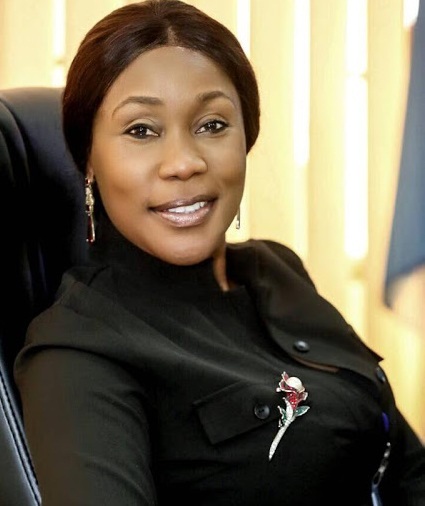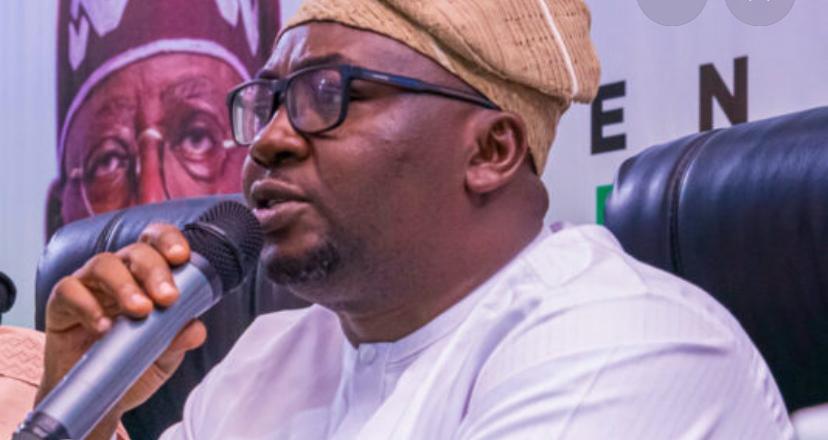Stumbling blocks on a thorny part

By Dame Julie Okah Donli
Have you ever experienced stumbling blocks while walking on a thorny part? If you have, then you will understand what “double wahala” in local Nigerian parlance means.
I have spent quite a great deal of time taking us on an expository voyage along the road of the dimensions of human trafficking. Many cases have been forwarded to me and my readers are all over, calling and sending messages, asking about what else can be done to salvage the situation since it is obvious that what is being done is not enough.
Before I write about more solutions, permit me to address some institutional challenges bedeviling this war. Let me reiterate once again as I have done in previous editions that the road to combating this scourge is not a smooth one.
The more we make efforts towards combating this crime, the more traffickers fight back and diversify their methods.
In the fight against human trafficking certain fundamental challenges are inherent including the need to consistently engage in periodic research and assessment; to determine the current trends, patterns and dimensions of trafficking in the country per time.
The resources and logistics required to undertake this kind of nationwide survey is very expensive. This means that inadequate funding is one fundamental challenge that cannot be over emphasized.
Over the years, many countries get caught up in other capital-intensive projects that takes the attention of the day, neglecting other needs and sadly, combating human trafficking is not top of this list.
The rehabilitation and adequate empowerment of the victims of trafficking requires huge resources which may not always be available or adequate.
Another problem is the complex nature of the crime of trafficking in persons in which there is always a tendency to misconstrue the concept as a genuine opportunity to migrate out of the country in search of greener pastures.
The sad reality is that many people willingly submit themselves to be trafficked because of the concept of greener pastures abroad.
To correct this, government at all levels should create more and better job opportunities and provide an enabling environment for small and medium scale businesses to thrive.
Also, the youth should be given the financial support needed to acquire skills and become self-employed.
Free and subsidized skills acquisition centers, starter parks and low interest loans should be readily made available and accessible as well as scholarship grants.
Adequate and sustained public enlightenment and establishment of more NAPTIP zonal and state offices will go a long way in addressing this issue.
The relationship between suspects and victims also poses a serious challenge in the course of prosecution as the victims are usually unwilling to give evidence in court against their traffickers since they are sometimes their relatives or friends.
For instance, many people were trafficked by a family relation who had served as their family’s benefactor for long. To further complicate issues, these benefactors would send stipends to the victim’s family after milking the victim dry.
Upon discovery, such victims would be unwilling to disclose any information about their trafficker because of family ties and emotional blackmail from family members who would rather they resolve it as a family issue (out of court settlement) so as not to be perceived as ingrates.
Also, traffickers perform rituals and convince victims that voodoo rituals prohibit them from escaping and if the victim attempts to report to the authorities, severe consequences such as insanity, incurable diseases and even death will ensue.
In most cases, victims are forced to take oaths of silence in shrines as a means of sealing the covenant of silence.
Traffickers have succeeded in using the ancient trick of voodoo as a means of holding their victims in bondage because they understand the working of the psychology of religion in Nigeria. Breaking this code of fear induced silence has been a big challenge.
The constraint of slow judicial procedure due to inadequate number of courts, incessant transfer of judges and work overload on judges constitute prosecutorial constriction that delays prosecution of traffickers and justice for victims. As a result of this, victims become frustrated and lose interest in the case,
There is also the challenge of lack of synergy between security agents and other governmental and non-governmental organizations involved in the fight against human trafficking.
The fact that a thorny part is littered with stumbling blocks does not mean that we have to stop moving, after all, if we stop moving we will never get there and that is why despite the challenges I experienced during my time as NAPTIP director, the passion to fight this scourge and demand justice for victims remains unwavering.
I remain unshaken in my belief that we shall get to our destination, irrespective of the thorns on our path and I encourage that this tempo be sustained by all individuals and organizations involved in this fight.
Dame Julie Okah Donli is the new chair of the Board of Trustees of the United Nations Voluntary Trust Fund for Victims of Trafficking in Persons (UNVTF). She was until December 2020, the Director-General of the National Agency for the Prohibition of Trafficking in Persons (NAPTIP).









